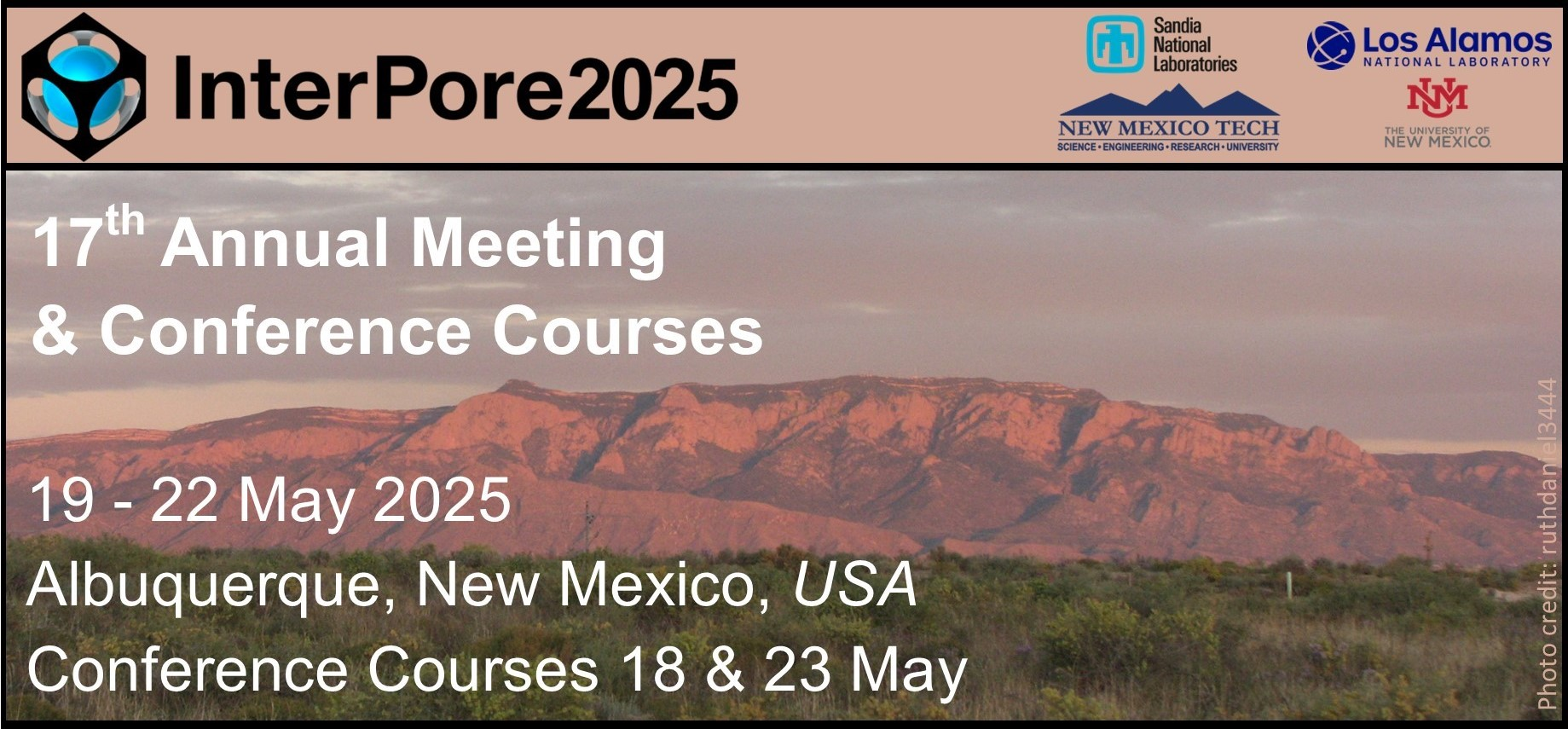Speaker
Description
One promising proposed strategy to reduce the CO2 level in the atmosphere is inject it into the subsurface and permanently trap it via geochemical reactions, where the CO2 reacts with the formation to precipitate carbonate minerals (i.e., carbon mineralization). While the total amount of mineralized carbon depends on coupled processes: chemical, hydrological, mechanical, and thermal, the relative sensitivity of the mineralization extent with respect to the changes in these parameters is poorly understood. By utilizing advanced simulation techniques, this study aims to quantify the effects of various variables on the carbon mineralization extent in mafic and ultramafic rocks, thereby enhancing our understanding of geologic CO2 sequestration in these systems. The results indicated that the initial porosity and temperature showed the strongest impact on the maximum amount of carbon mineralization in this system.
LAUR 25-20033
| Country | United States |
|---|---|
| Acceptance of the Terms & Conditions | Click here to agree |






